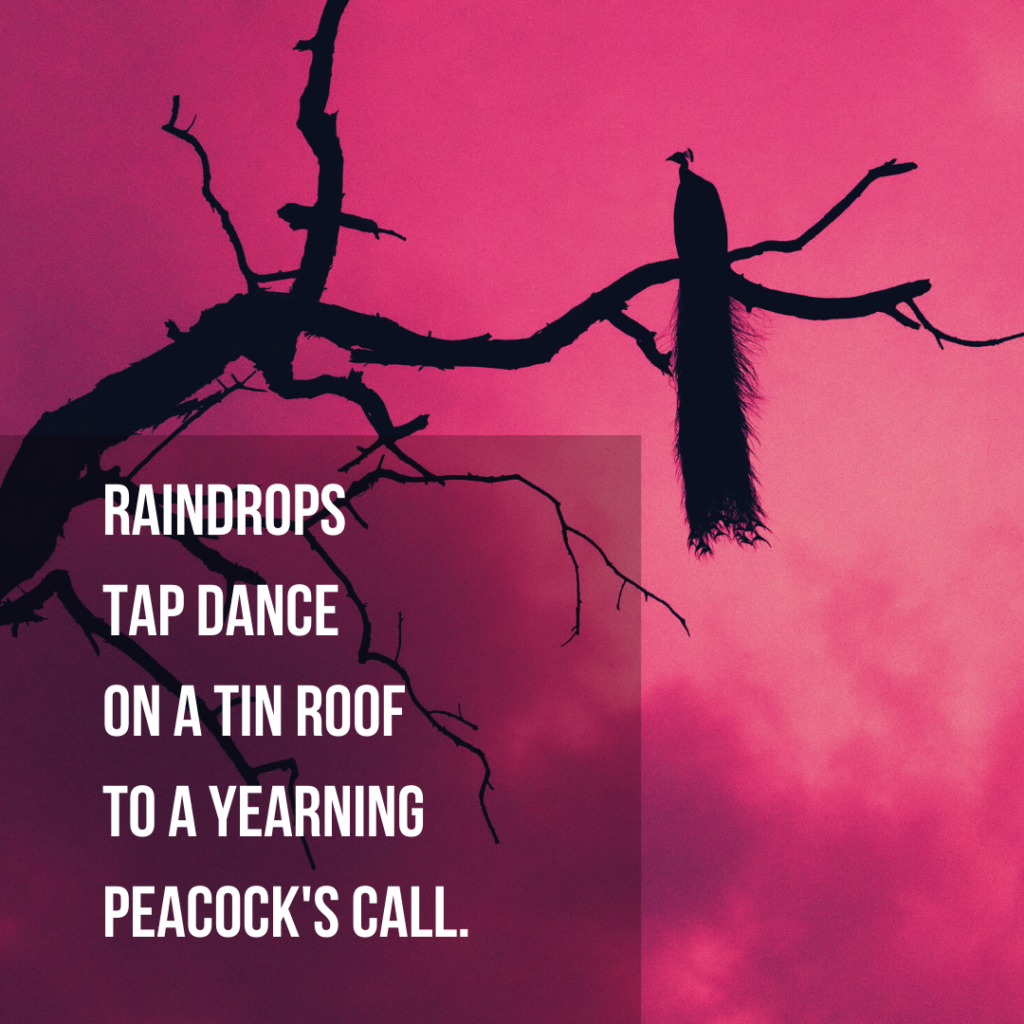

Thriving Mindfully

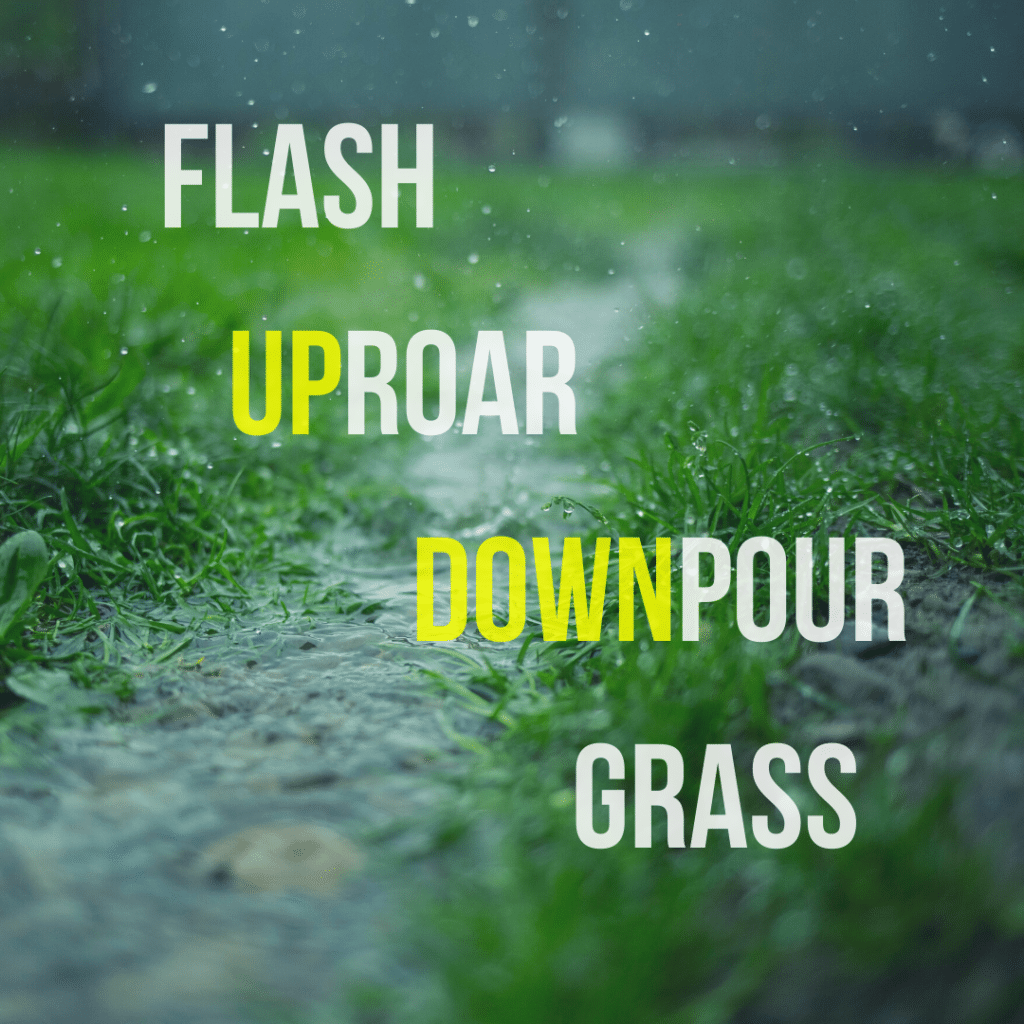
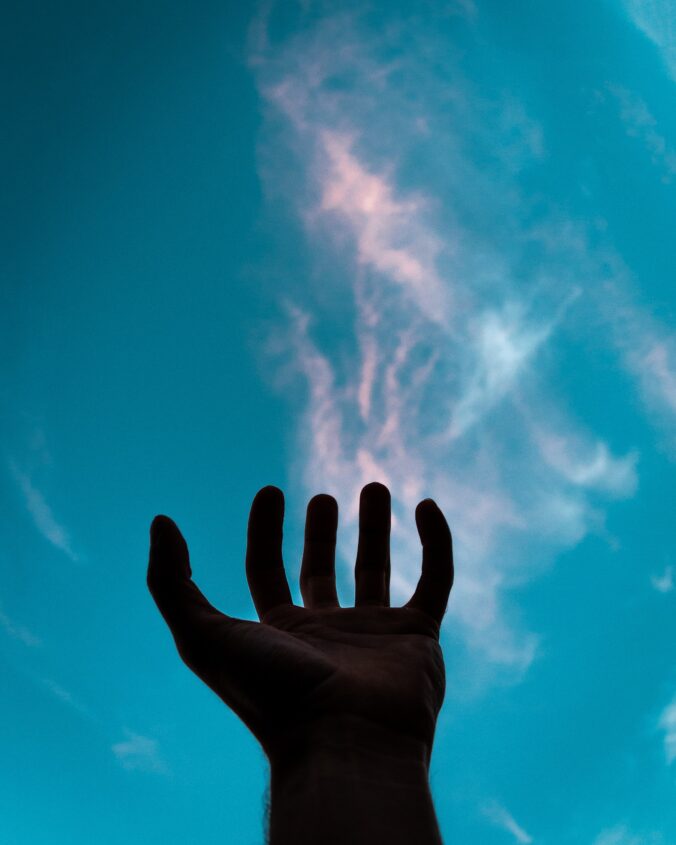
The wholesome Earth
It softly spins
And spins characters two
The screen of time
Screens the perfect rhyme
Of nights and mornings new
The tender Earth
It gently leans
To lullabies that bring
A canvas of hues
A farmer’s muse
Come winter, summer and spring
The mystic Earth
It flings around
The sun without fear
This pilgrimage
The chronicler of age
We fondly call it a year.
In moments lonely
We forget too soon
What we are really worth
We are a part
Right from the start
Of our soft and yielding Earth.
Then In moments cold
Of fading hope
In the dark and deep night
Beyond eclipse
With a prayer on our lips
Let’s shine our glorious light.
Like mother Earth
Being worthy children
In moments deeply blue
Let’s choose to dance
At every chance
And lean on shoulders too.
Then the stars and the Earth
And You and I
Shall rejoice in fraternity
With every stride
On this cosmic ride
Let’s dance into eternity…
At times un-felt
That tether us
Time and again
To the
Absolute Unity
Today,
A togetherness arises
Tumbling as tides
Across the Atlantic
Tenacious as tomorrows
Unfolding
Time and again
Taking us all
Ashore
Together.
The Universe
Tends us towards understanding
This unity
Taking us all along
To the arena
That announces
This universal truth
To us all
Traveling
Under the timeless apparition,
Time.
———-
Did you notice that all words begin with the letter A, U , or T 🙂 )
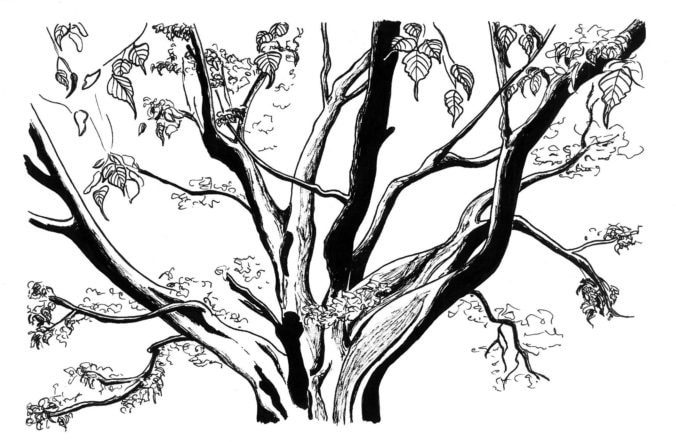
On a pleasant summer afternoon, I was riding my bicycle in a lush green park in the city of Bangkok. In an upbeat mood, I was humming my favourite songs while breezing through a tunnel of towering trees. The birds perched on the canopy were at their poetic best, as they sang with unbridled enthusiasm about all things beautiful. Yet, even in such a happy moment, I noticed something in the vicinity that made me stop and ponder. All around me, while the leaves on the trees swayed gently to the cool breeze, the trunk stood still, with no avenue to move about in any way. I could tell that the trees and I shared the same merry mood, yet I had an advantage that my friends in the flora did not. I could move about, sing, dance, and express my happiness, while the trees could only sway to the ebb and flow of the wind. After all, they were firmly rooted in the ground.
‘How I wish that trees could also walk. Wouldn’t it be nice to see them sing and dance when they are happy?’ I lamented.
Engrossed in this wishful desire, as I stopped under a mighty Bodhi tree and rested myself against its trunk, I heard a deep, comforting voice emanating from nearby.
‘Why do you seem so low all of a sudden, my friend? Just moments ago you were so joyous in your heart. Don’t you think it is a beautiful day today?’ asked the Bodhi tree, swaying gracefully to the wind.
‘Oh, dear Bodhi, it indeed is a beautiful day. But how can I celebrate this day alone? I wish you could also sing and dance, travel freely and enjoy the experience of the world beyond your vistas. While I am grateful I can move about, sing, and express my happiness; I feel sorry that you cannot.’
Moved by my concern, the Bodhi tree lovingly shed an old yellow leaf that came swirling down from its canopy. As it landed on my lap, the tree whispered,
‘My friend, thank you for your concern. You are right. I cannot sing or dance or travel freely around the world. But I choose not to feel sad about it. Instead, I grow with solemn devotion and faith. I completely trust the divine design of the universe. Do you know what happens when I do that?’
‘What?’ I inquired.
‘By growing with all my creative energy, a voiceless tree like me becomes an arena where the birds choose to sing symphonies with all their heart, every morning. Yes, I cannot sing, but I do foster a million mellifluous singers in my canopy.
Even though I cannot travel, I provide shade and shelter to every fatigued traveller that crosses my path. I get to hear of all the magical places on Earth from them. Yes, I cannot travel, but I foster faith in travellers and assure them that trees will provide a place to rest whenever they are in need. I do not let my limitations bog me down. I stay true to my nature, grow with all my heart, and encourage people to do things that I am not able to. There’s great joy in living like that.’
With the blowing wind, the birds sang merrily, assenting to the wisdom the tree shared.
Resting in the cool shade of the Bodhi tree, I made a big choice in my little heart –
To sing with an open heart whenever I can. And if for some reason I cannot sing, I should become the arena that fosters singing. The stage that enables others to thrive.
Swaying gently, the tree flirted with the wind, celebrating a life lived fully. Resting in the shadow of the wise old tree I realised,
‘No wonder the Buddha found enlightenment while meditating under a wise old Bodhi tree!’
Does the little bird know
Playing on branches low
As she sings with summer flair
She paints music in the air
Do the worker ants know
Amid their busy work flow
As beneath the earth they tunnel
They give the rain a funnel
Does the raindrop know
Falling through sunlit glow
Painting rainbows in blue skies
It gifts wonder to waiting eyes
The arena is open to seeing
There is magic in simply being
This open secret is the alphabet
That you must learn well and forget
Then shall you dance in all your glory
Unaware you are weaving a story
Letting work and wonder intertwine
Living elegantly, this universal design.
————————————————————————-
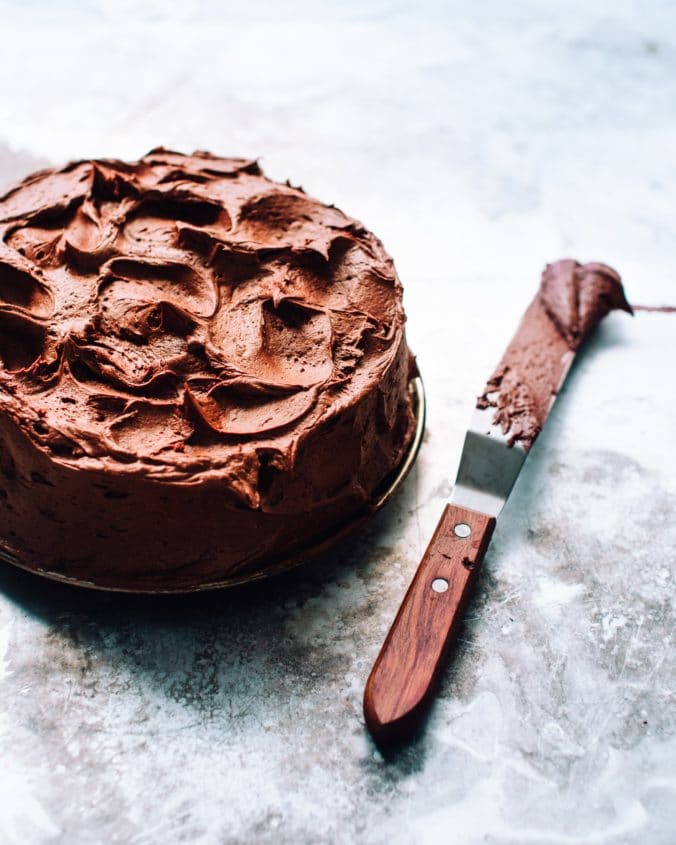
Little Ahmed always had a sharpness in his intellect. He was ‘tez’, sharp, as they used to call him. And that became part of his name.
Tez Ahmed.
A fitting surname, a consolation of orphanhood, a name that represented his nature. That, sadly, was the only consolation in his life. With all the sharpness and promise, the 10-year old boy began making a living by sharpening knives as a hawker. First, he carried his gear around – a little wooden box, a small sharpening stone, a ruffled rag, and a beseeching call. Early on, he got business out of compassion. A little boy trying to make a dignified living. He had dreams. And some did come true.
A decade later, he could afford a bicycle. A couple of years down the line, he put together enough money to buy the bicycle’s better half – a disc-shaped sharpening stone. He was still young and tez. He thought of getting both these new possessions engaged. He coupled the rear wheel of the bicycle with the sharpening stone housed around the bike-frame with a rubber belt. He sat on the carrier at the back and pedalled. The sharpening stone rotated as the rear wheel whizzed in circles. Blunt blades screeched and obeyed his deft handling. It was a sparkling show. He was the priest, and the pedal and the rotating stone went around in circles, as a final rite of marriage, around searing flames of friction.
That ritual is still underway.
With a bicycle, he could cover a whole lot of ground. He knew the town like the back of his hand. The town knew him as antiquity on wheels. He spent his life bicycling around the town, wailing at the top of his voice, inviting people to get their knives and scissors sharpened.
A whole lot changed for everyone in half a century of Ahmed’s work-life. The streets got widened, renamed, dug-up, re-laid, and re-named again. Ahmed and his life were the only constants. He has been living in the same hutment for as far back he can trace his life. One could say, even with a bicycle, he never got too far. Perhaps it was the weight of the heavy sharpening stone.
The business has been on a decline for years now. It was just too slow a change to take notice of. People don’t prize their kitchen knives as much as they used to once. Now, they throw them away and buy new ones. He fears the same fate for himself. He is a fading voice of an old man, in the daily soundscape of the town, like the hum of the wind in a dwindling forest.
Sometimes he wonders if he should change his means of livelihood. But he’s too old to make a switch now. He will pedal his way to the end. He heads out every morning, on his trip around the city, hoping to find an owner of blunt knives.
Today, Ahmed is truly, an old man. Life has come full circle. His business, like his early days, relies on compassion. An old man, trying to make a dignified living. He had dreams. Most never came true.
It’s a cloudy day today. These clouds promise no rain, but they drench you nevertheless. You sweat away, and they laugh, as if calling out your folly in hoping for rain. These clouds never gave an empty promise. All the emptiness was in our hoping. Ahmed too feels as if life is laughing at him somewhere, just like the clouds. He has been wailing his lungs out all day long. The sharpening stone is becoming blunt by the day. It’s late in the evening. He walks back home; deprived of dignity, bereft of hope.
On the way back, he decides to sharpen a knife. The only knife left in his old wooden box. He has made up his mind. Tonight, the sharpened blade will glide smoothly across his wrist. He feels it is the destiny he’s been preparing for all his life. To sharpen a knife so well that it sails through the skin like butter, giving no pain. Tonight, he feels, is his final night.
He makes his way into the winding roads in the ghetto. He looks at all the little things in the neighbourhood that he once found fascinating. None of them seems to have enough power to change his mind. He reaches outside his house. He jumps on the bicycle saddle and couples the rear wheel to the sharpening stone with a belt. He pedals, to the final destination of his journey. The whirr invites someone out of the house next door.
It’s Rubina, a newly-wed girl whose dreams of bliss are still fresh. Her sparkling eyes speak of the beauty screened by the burqa. She goes around as a house cook in a middle-class neighbourhood. When she cooks, the neighbourhood knows.
What’s missing in her life is the taste of marital bliss. Marriage is a gamble. She was dealt with an unfair hand. She is still learning to hide all her pain and bruises. The burqa helps.
She’s young still, too young to give up yet. It’s a fresh day, and she tries to make things at home better. And she needs Ahmed’s help.
‘Salaam Chacha, Sab Khairiyat (All good)?’
Ahmed applies the brakes and impedes the final run of the stone sharpener. It comes to a gradual halt. Ahmed looks at Rubina. He smiles with a tenderness he had forgotten to have nursed all these years.
‘Rubina. Yes, all good.’
‘I need a little help, Chacha.’
‘Yes, tell me, dear.’
‘I am baking a cake. I need a knife to cut it. But I want one of those blunt cake knives they show on TV. Not the sharp kitchen knife I use at home. I know you are in the business of sharpening knives. But I was wondering if you could blunt a knife as well?’
Ahmed laughs at her unusual request.
‘Zaroor, Rubina. In 50 years, you’re the first person who asked me to give them a blunt knife! I have a good knife I was planning on sharpening tonight. I guess its fate lay in being blunt. Well…when do you want it?
‘My husband will be home in half an hour. Before that.’
Give me 15 minutes and you’ll have it. Okay?’
‘Ji, Chacha Jaan.’
‘Oh wait! What’s the occasion? A cake!’
‘It is my birthday, Chacha!’ She wails as she runs inside to check on the cake.
The houses are built much like a cake. With porous walls, with roofs as thin as the gathering crust. The scented smoke snakes up into the sky. The neighbourhood longs for a taste
Ahmed inhales and whispers, ‘May Allah bless you, my child.’
He digs his hand inside the toolbox. He lay his hands on the only knife left with him. The fate of the knife has changed within minutes. So has Ahmed’s.
In 15 minutes, Rubina has a shapely butter knife in her hands.
‘This is exactly what I wanted, Chacha Jaan. Just how I saw it on TV. It will slide through the cake smoothly. I hope my husband enjoys the cake tonight,’ she says.
She hands a slice of warm cake to old Ahmed on a steel plate.
‘Oh, the aroma! Glad I can still eat this with my missing teeth!’ He laughs, with a full display of his falling troop.
He goes inside his little house with the cake in his hand. The bulb flickers in indecision. Ahmed savours the sweet interaction with Rubina. He falls asleep too soon, after eating the delicious slice of cake. The smell and the smile lingers.
Late at night, there’s a familiar thud from Rubina’s home.
Rubina weeps silently in the kitchen. A drop of blood, the stench of cheap liquor, a departure of dreams of bliss. In her home, a familiar stranger lay on the bed, passed out cold. This was her fate, approved by law, decreed by society.
Whimpering in a corner, with the cake-smeared blunt knife still in her hand, she wonders,
What if she had borrowed a sharp knife instead?
Would she be daring enough to slit her husband’s throat?
Or would she be a coward enough to slit her own wrist?
Will she ever have the courage to end this, once and for all?
She knows, she will rather hope for the impossible, than wield a sharp knife.
Thoughts swirl. The wound is still fresh.
What was the point of baking a cake? It fails to bring any sweetness to her life. What good did asking for a blunt knife do anyway?
She wonders. A teardrop lands on her cheek. A raindrop lands on the roof.
Next door, Tez Ahmed lay asleep in his bed. Crumbs of the cake still rest on his sparse beard. And there is a smile on his face.
‘Once in a lifetime. Once in a lifetime.’
Repeated my 72-years-young friend Pholung, as we trekked up a cliff on an island off the Andaman coast in Thailand. We were ascending to reach a point from where we had a chance of spotting a peculiar sea creature called ‘Dugong’, also known as the sea cow.
As Phulong took tiny steps up the coastal cliff, I could sense a silent determination in his spirit. His enthusiasm helped him tide over the limitations imposed by his body. I would help him out with my hand at difficult spots of the trek, but otherwise, for his age, he was supremely fit.
At a point on the way, when we stopped to catch a breath, he turned to me and said,
‘You know, I have lived in Thailand all my life, yet I never came to this island to see this beautiful creature. Now, as my age catches up with me, I realise I have limited time on earth. Sadly, the Dugong has limited time on earth too. This island is the only place in all of Thailand where you can hope to see this shy sea creature. I have grown up listening to stories about the Dugong swimming freely all across the coast of Thailand. Sadly, in the past century, their population has dwindled. We’ve hunted them down mercilessly. The few hundred Dugongs that remain, swim in the shimmering sea that lay in front of us. I hope I can see them frolic in these waters today. For me, this is a once in a lifetime opportunity.’
He finished with a smile that a feeling of impending closure brings to the hopeful.
In a bid to encourage him I said, ‘And you are going to see the Dugong today for sure, Phulong. Something tells me that today is the day!’
He smiled, with a resolve you often see in someone who believes they can shape their destiny.
‘Once in a lifetime…once in a lifetime,’ he heaved under his breath as he walked up the cliff, one step at a time. The brittle sedimentary rocks crumbled gently under the determined stamp of his footsteps. The flowing wind ruffled his hair, inviting him to ascend further. A tuft of clouds screened the shining sun to light the sky up with hues of an arrival. All forces of nature seemed to be welcoming his resolution. His eyes shone bright, like emeralds in feeble daylight.
At that moment I wondered,
‘It is likely that this is a once in a lifetime opportunity for me too. Chances are slim that I will get to visit this remote island in the Andaman Sea again.’
I wondered why, despite it being a once in a lifetime experience for both Phulong and me, it held so much importance to him. I guess, that at his age, he understands the importance of time and the finiteness of existence much better than I do.
But, does one need to grow old to realise this fact? How most of the experiences we have in life could well be once in a lifetime experiences?
How many of us remember the last time we played in the school ground with our friends? Or the meal granny would cook for us whenever we visited her? The last time we cheated in a written exam? The last time we cried out of happiness? Or the last time we embraced a loved one we are not together with anymore?
How about the feeling you got when you received your first salary, the first time you held hands with someone you love, the first time you tasted an exotic fruit, the first time you heard your favourite musician…
All first times tug us to innocence, all last times tug us to nostalgia.
All ‘first times’ only happen once, so do all ‘last times’. This thought might bring a sense of wistfulness. But as we dwell on this thought, we’ll find gratitude gurgle out of the depths of our being, for to have the ability to experience these moments is, in itself, a gift of life. Beyond the notions of ‘first’ and ‘last’, we will dwell in the joy of being able to experience these moments. And once we come to that realisation, we will discover the inherent richness of every experience. You can read this story for the first time just once. And as you read these lines, you are coming to realise that this indeed is a once in a lifetime experience.
Realising this brings a gravity in every moment that leavens the sweet pie of life.
By being solemnly aware as these moments unfold, we present ourselves with the possibility of making the mundane memorable.
The next time we cross paths with a stranger, we may think of it as the only time we are going to see them in life. We may find the openness to offer a friendly smile to this once in a lifetime encounter. If destiny has it in store for us, that might mark the beginning of a lasting friendship. And we’d be glad to have chosen to smile.
I remember the first time I saw Phulong at Bangkok railway station, waiting to load his bicycle in the luggage wagon of the train. I clearly remember the smile he offered me from across the platform. It could have been the first and last time we got a chance to see each other. But look where that smile led us today! On the edge of a cliff overlooking a beckoning ocean, where the Dugong frolic to fulfil an old man’s dream.
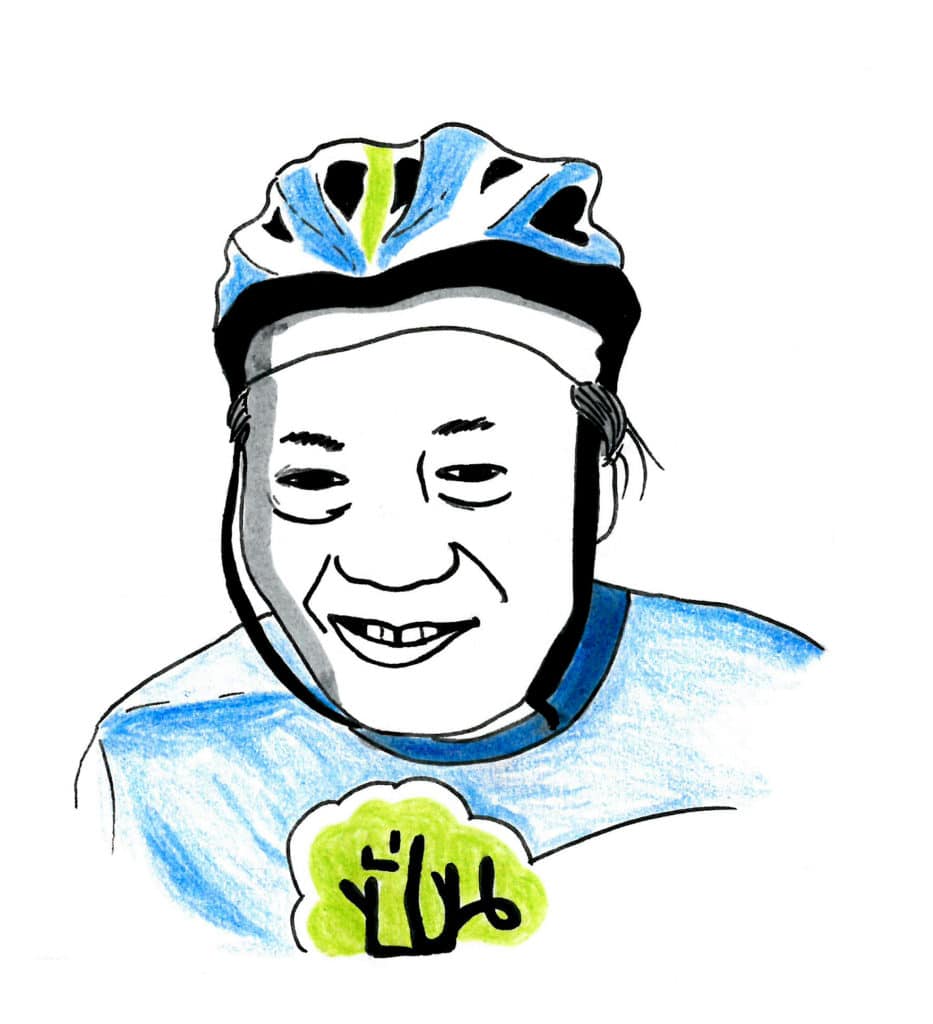
The walk back home from school was Lola’s time for discovery. The faintest of bird calls would send her eyes in search of the winged crooner. A kite fluttering on a high branch would slow down her footsteps. A puddle on the roadside was an invitation to craft a paper boat, and the scent of flowers would swerve her footsteps towards the pink perfumers.
But today, her curious search was of a different kind. Her teacher had taught her all about different be kinds of shapes.
Round, square, rectangle, triangle, diamond shape, star shape, heart shape…
As homework, the teacher had asked her to notice things around her home. The next day Lola had to tell the shape of her favourite thing at home to the whole class.
So, on her walk back home, all she was trying to notice was the shape of things around her.
The sunflower by the road side invited her eagerly. How she loved the bright yellow sun flower. How it smiled back cheerfully at the shining sun.
But what is the shape of a sunflower? She wondered.
It wasn’t square for sure.
It wasn’t a circle. It looked like a circle. But it wasn’t exactly a circle for sure.
None of the shapes taught at school matched the shape of the scented sunflower.
Lost in thoughts, she looked up in the sky to notice a flock of sheep floating amid the clouds.
Ah, a sheep shaped cloud!
‘Is sheep a shape?’ wondered Lola.
‘Ah and there’s a rabbit behind the sheep.
Is rabbit a shape too?’ Granny must know, she thought.
Ambling on slowly, she reached near her home. Lola’s little pup named Plato had smelt its way to her. Lola giggled and patted a longing chum. Plato wagged his tail with loving enthusiasm. She wondered, what’s the shape of Plato’s tail?
“It’s not a straight line. It is curvy. But what is this shape called? Half a moustache?
It is similar to my pigtails! But is pigtail a shape? Maybe Granny would know.’
She opened her lunch box and shared the half paratha she had saved as usual for Plato. She loved the wet touch of Plato’s tongue on her little fingers. She wondered if the touch me not plant felt the same when she glided her fingers on it.
Watching Plato eat made her happy. It also made her hungry.
‘What would Granny have made for her evening snack?
Could it be a triangle samosa?
Or a round Dosa?
A square cake?
A diamond shaped Burfi?
A Circle shaped Idli?’
All of her food fantasies had a shape all of a sudden!
With Plato leading the way as a faithful friend, Lola climbed up the stairs to her home. Plato’s nose reached for the slot underneath the door. His tongue wagged with ferocious intensity. He could smell cardamoms, and almonds, and pistachios. The look in Plato’s eyes told Lola that the snack had something to do with milk. Lola didn’t have to knock the door. Plato let granny know they were home with that familiar bark.
Granny opened the door. A whiff of condensed milk came streaming forth. Granny ruffled Lola’s hair as Plato jumped, longing to be treated the same. After a quick change and wash, Lola raced to the dining table.
A cupful of Kheer waited for her. A crust of shredded almonds and pistachios held the warmth of the dessert. The aroma invited Lola to dig in. She watcher Plato slurp his bowl clean in seconds.
‘Plato likes it Granny!’ she shouted to her Granny working in the kitchen.
‘And how about you?’ asked Grandma.
Lola took a spoonful of Kheer in her mouth. Her eyes shone bright and her brows arched up like a rainbow.
‘Ifts the befft Granny,’ she said with mouthful of kheer.
‘Granny, what’s the shape of Kheer?’
‘The shape of what?’
‘The shape of Kheer,’ announced Lola.
Granny let out a big laugh.
‘Lola my dear, today the Kheer is the shape of your little tummy.’
‘My tummy?’
‘Yes, once you drink all your Kheer, it will be the shape of your tummy!’
‘Really?’ asked Lola munching on shreded almonds.
‘Yes, indeed.’
‘And, Granny…’
‘Yes, Lola.’
‘What is the shape of clouds?’
‘The shape of clouds…hmm…the shape of clouds is imagination.’
‘And what’s the shape of Plato?’
‘The shape of Plato? What’s with all this inquiry about shapes? Did you learn this in school today?’
‘Yes, Granny. We have to notice shapes of things around us. And…and we also have to tell the shape of our favorite thing at home to our teacher.’
‘Okay. Now I get it. Well, go around and find for yourself!’
‘Yeff,’ said Lola with another spoonful in her mouth.
All evening, with Plato running around her, she looked all around her house to notice the shape of things.The wall clock in the front room was round. But the clock in the kitchen was square. Plato’s eyes were round, so were Grandma’s bangles. Her notebooks were rectangle, so was the baking tray…But none of these qualified as her most favourite thing.
Late in the evening, she had a filling dinner with Granny and Plato. She had more of the dessert than the main course. Lola was full of Grandma’s special kheer.
Sleep tip toed into everyone’s eyes. It was time for bed, half an hour earlier than usual, thanks to the wholesome meal. Within moments Lola curled up in her Grandma’s embrace and fell asleep. Plato dozed off next to the bed. His tail finally found some rest. Granny too submitted to a good night’s sleep.
All three whistled a gentle snore from their noses as they slept.
The watchman struck the road with his walking stick, assuring vigil throughout the night.
The sound woke Lola briefly,
‘What is your shape Grandma?’
‘My shape?’
‘Yes.’
‘I am the shape of love.’
‘Ah…so…I will tell my teacher….my favourite thing is my Granny and….. her shape is…’
The faint aroma of kheer still lingered in the room. Plato yawned. Granny smiled. Lola fell asleep in a safe, loving embrace.
Does a rock have spirit
Maybe not they say
Then why does a majestic mountain
Lift my soul away
Does water have spirit
Perhaps they say
Is that why a gurgling stream
Makes my soul sway?
Does fire have spirit
Nay! do they repeat
Then why does my soul
Buoy in the bonfire heat?
Does the wind have spirit
Yes there’s a chance
Is that why a breeze
Stirs my soul to a dance.
Some answers are beyond words
As wisdom is beyond wit
There sing those temple birds
Only spirit can awaken spirit
Then should we ever question
Whether an idol has spirit at all
Or should we ask ourselves,
Does the idol move our soul?
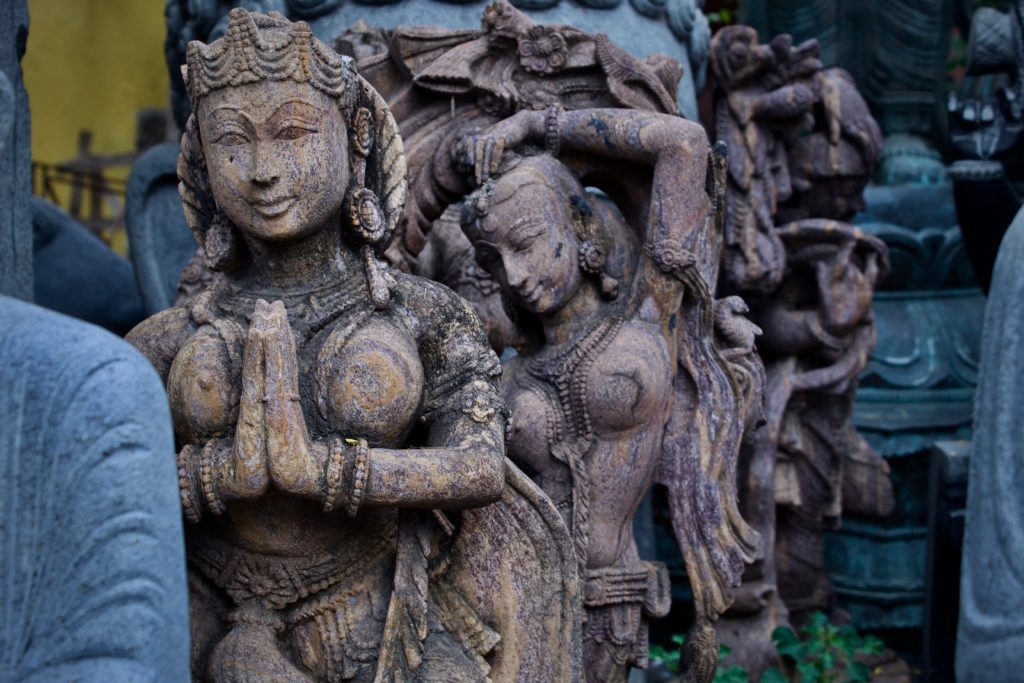
© 2025 Sreenath Sreenivasan
Theme by Anders Noren — Up ↑